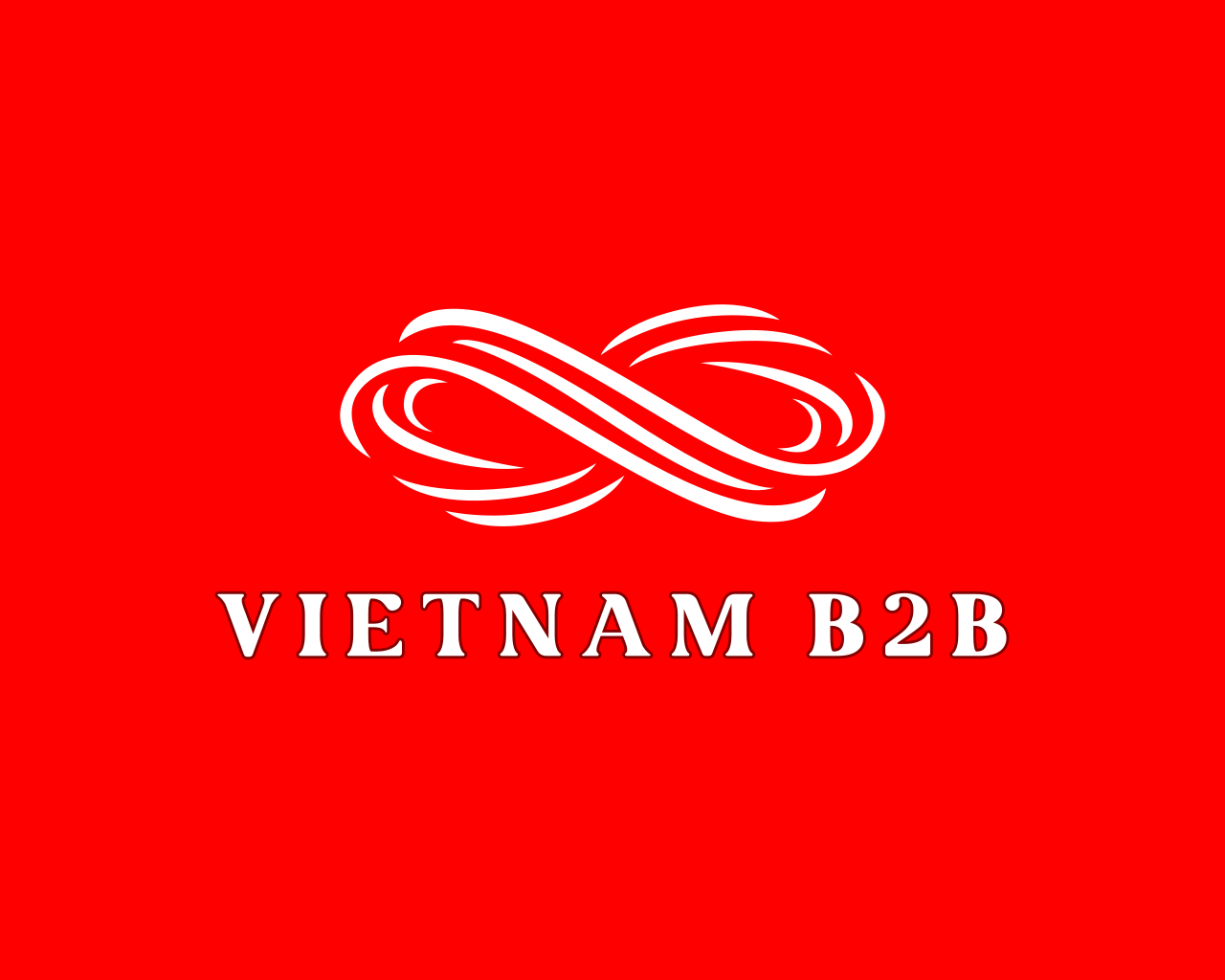Despite seeing increased trade as a result of a bilateral free trade agreement, the European Union is urging Vietnam to address obstacles hindering the bloc’s trade and investment in the country.
Julien Guerrier, the head of the European delegation to Vietnam, recently told VIR that the EU-Vietnam Free Trade Agreement (EVFTA) has played a crucial role in elevating commercial ties between the two economies to unprecedented levels.
“We have observed the positive impact of the EVFTA on bilateral trade,” Guerrier stated. “From 2020 to 2022, the annual growth in two-way trade was remarkably high, reaching 13 percent, despite the negative growth of minus 5 percent in 2020. The implementation of the EVFTA in 2020 significantly mitigated the sharp decline in exports from both economies during the crisis and contributed to the positive rebound in their trade performance.”
According to Vietnam’s General Statistics Office, bilateral trade in 2023 amounted to $59.1 billion, with $44.1 billion coming from Vietnam’s exports and $15 billion from imports, marking a decrease of 5.9 percent and 2.5 percent, respectively.
Guerrier anticipates that some of the challenges will gradually diminish in severity. “Based on these trade and investment developments, we anticipate a stable growth trend for bilateral EU-Vietnam trade and investment flows in the coming years, despite the possibility of a slowdown in growth or even minor declines after the remarkable expansion in recent years,” he explained.
Data from the Ministry of Planning and Investment reveals that the EU currently has a total investment stock of approximately $28.3 billion, with around 2,450 projects.
Under the EVFTA commitments, more than half of the tariffs on pharmaceutical imports from the EU have been eliminated. However, the Ministry of Health has introduced a draft amendment to the Law on Pharmacy aimed at providing foreign pharmaceutical companies with additional rights and incentives.
For instance, the draft amendment expands the scope of activities eligible for pharmaceutical investment incentives to include the manufacturing of new, generic specialty, and high-tech drugs; drugs produced through technology transfer for production in Vietnam; essential drugs as well as those for the prevention and control of social diseases; and vaccines and biological products.
The trade agreement benefits businesses by eliminating 99 percent of all tariffs and partially removing the remaining 1 percent through limited zero-duty quotas. It also reduces regulatory barriers and overlapping bureaucracy, protects intellectual property rights, opens up services and public procurement markets, and ensures the enforcement of agreed-upon rules.
